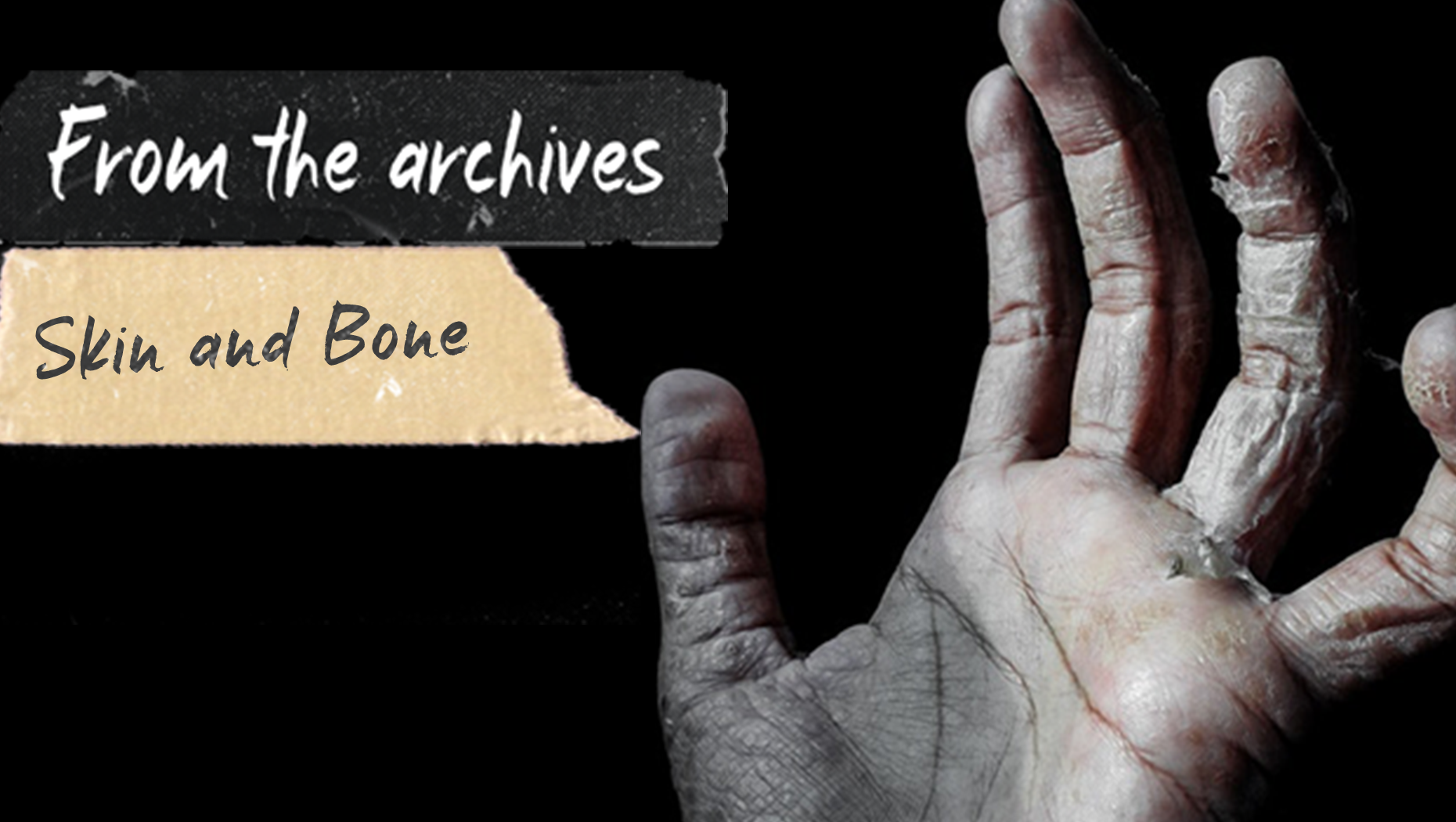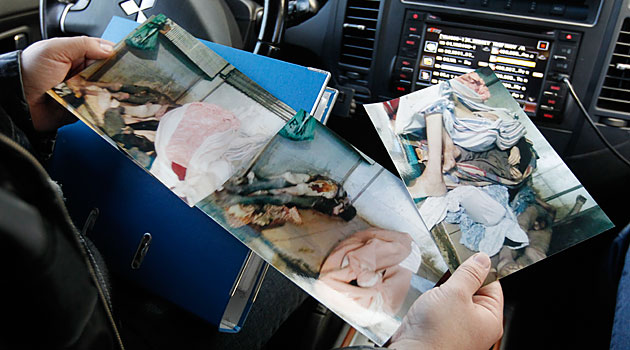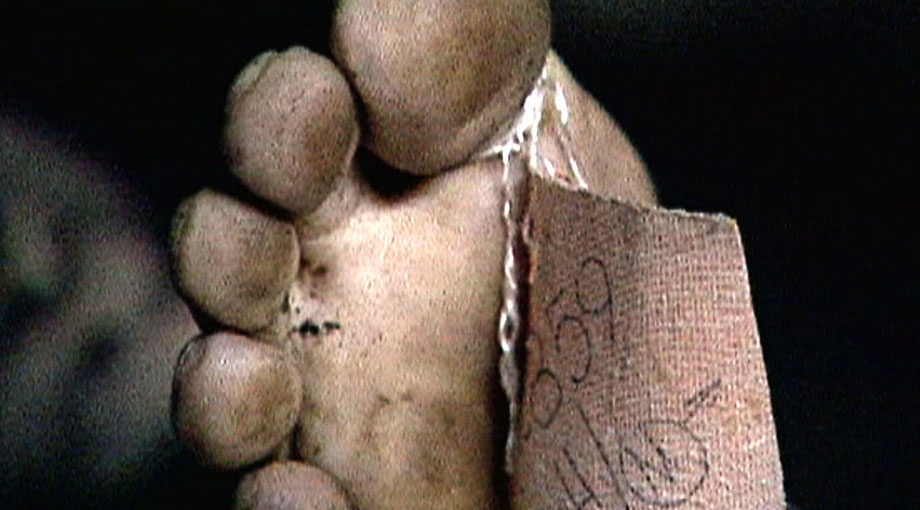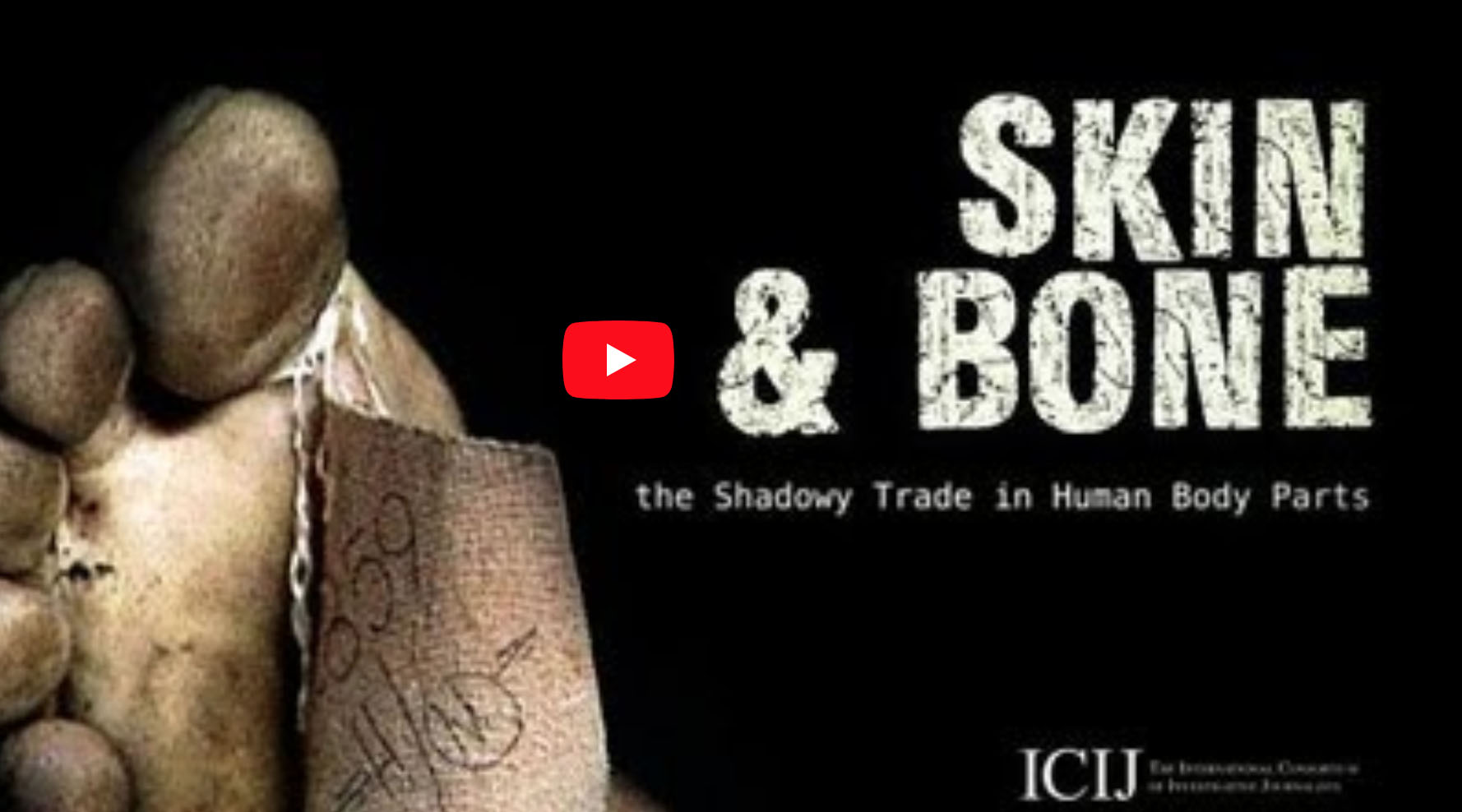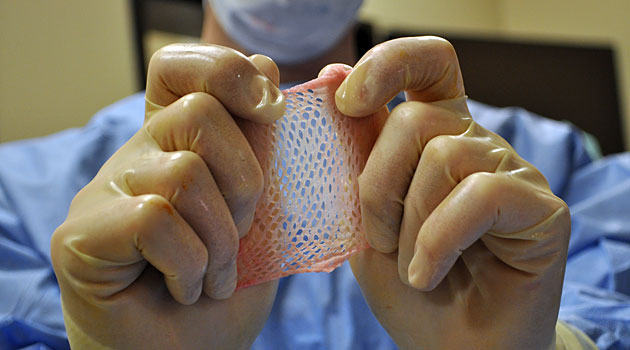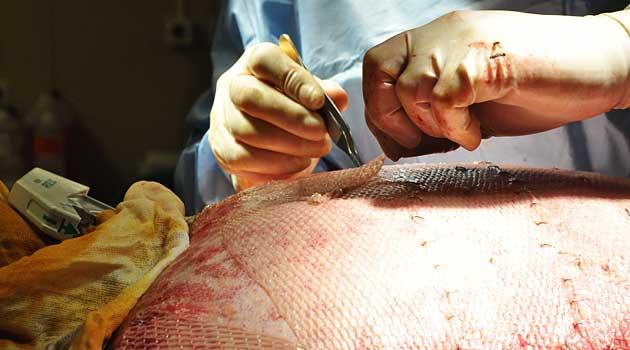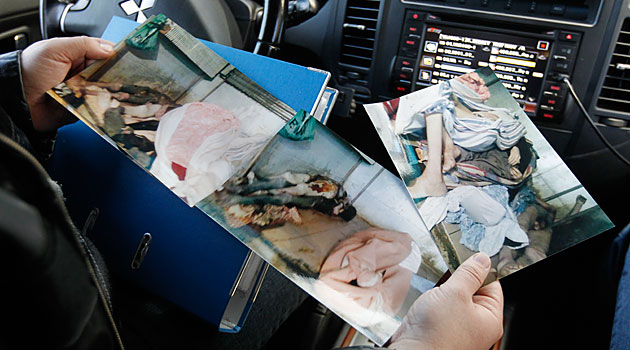Last year’s Implant Files investigation wasn’t the first time we tackled the medical industry. Back in 2012, our Skin and Bone investigation examined the global market for body parts taken from cadavers.
One story revealed the lengths Michael Mastromarino, a human tissue trafficking ring leader, took to steal body parts without detection.
Mastromarino opened his own human tissue recovery company after losing his license to work as a dentist.
It was an easy process and after filling out a form from the U.S. regulator, the Food and Drug Administration, he began supplying body parts. The FDA didn’t even inspect his facilities.
In a 2003 case, Mastromarino removed tissue from a corpse after a couple’s murder-suicide and lied about the cause of death. He then faked forms saying the perpetrator’s family consented to the donation. In a separate case, he stole the bones of renowned broadcast journalist, Alistair Cooke.
He also tried to break into the established cadaver market in the former Soviet republics. He flew to Kyrgyzstan and met with a prison official who offered him the bodies of executed inmates. But the FDA wouldn’t accept the tissue from these bodies because of the risk of contamination with Creutzfeldt-Jakob disease, a fatal neurological condition akin to Mad Cow disease.
When he spoke to us in 2012, he framed the work in market-terms: “This is an industry. It’s a commodity. Like flour on the commodity exchange. It’s no different. I cut some corners. But I knew where I could cut corners. We were providing a fantastic product.”
Mastromarino was only a ground-level actor in the global industry. Our Skin and Bone investigation revealed how tissue was harvested, processed, turned into usable implants and then distributed through hospitals and billion-dollar medical companies, such as Zimmer Biomet.
Recycled human parts are necessary for certain life-saving medical procedures, like when a skin graft is taken from a cadaver, sterilized and used on severe burn patients. Some cosmetic procedures also call for the use of human tissue, like wrinkle-fillers or penis enlargements.
In this graphic, we listed some medical uses of recycled tissue — it’s more common than you might think, as human products are often sold under the term ‘allograft.’
View this post on Instagram
Using human tissue to create implants is fair game, as long as the donor consented — which, our investigation found, wasn’t isn’t always the case.
Police in places including Hungary and Ukraine, and North Carolina and Alabama in the U.S., have alleged that tissue suppliers stole tissue, committed fraud and forgery, or took kickbacks to pad their pockets. These cases suggest that Michael Mastromarino wasn’t the only body wrangler who has bent or broken the rules in the drive to supply the industry with flesh and bone.
Want to know more? Read the full story about body brokers like Michael Mastromarino or look back at the key findings of the investigation.
